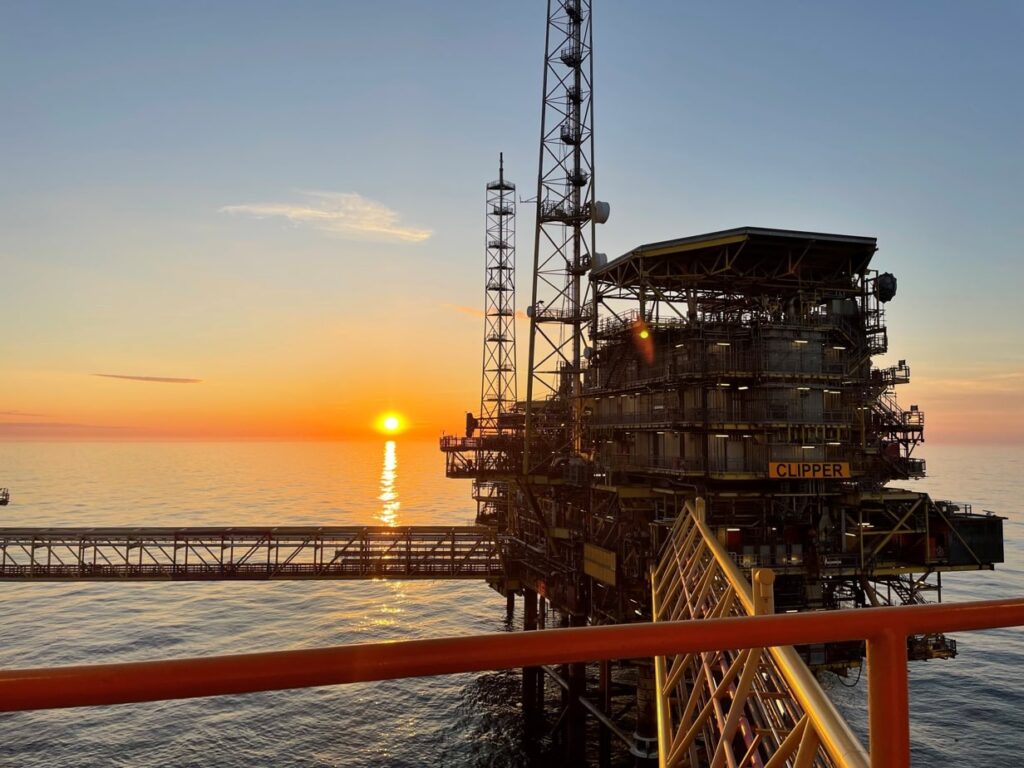By Olaitan Ibrahim
A furious battle is being fought for ownership of Shell Nigerian subsidiary SPDC with the Nigerian regulator wanting the company split up and divided between several operators.
Energy giant Shell and the Renaissance Africa Energy Corp (RAEC) consortium of Arable Energy, First E&P, Waltersmith and Swiss based Petrolin have been negotiating on the US $2.4bn deal for SPDC for a year.
As previously revealed by AOG, special terms have been agreed on gas supply with funding also in place but late in the day a dispute arose with regulator upstream NUPRC over a request for a separate special fund to be set up for so called abandonment costs.
And earlier this week, on the same day the $1.3bn sale of Mobil to Seplat was approved after two years, NUPRC boss Gbenga Komolafe said the Shell deal “could not scale (the) regulatory test,” but gave no proper explanation.

It now appears that furious battle is being fought behind the scenes with NUPRC wanting the SPDC sale to be split into several parts with Heirs Holdings and Sahara Energy also to get a share alongside RAEF.
The two domestic operators were among the final shortlisted bidders in the original SPDC sale process before Shell chose Renaissance Energy Corp as winner.
It is now believed that very senior political figures have become involved but Shell itself has told the Nigerian authorities that enough is enough. Shell has suffered huge amounts of political interference in its attempts to sell off unwanted acreage in mini rounds over the last decade. It does not want another year of negotiations with new parties that will potentially have to raise funds. It has made the threat to withdraw Capex from all future projects off Nigeria including Bonga North, HA and HI and even Bonga Southwest Aparo – if it were ever to progress.
The companies that have bought interests in SPDC are also watching very closely from the wings as their production dwindles with Shell unwilling to invest capital in SPDC until there is a resolution. Earlier this year domestic energy firm Chapel closed a deal to pay TotalEnergies $860m for its 10% interest in SPDC.
Eni still holds its 5% in SPDC though as this was excluded from its $783m sale of Agip to Oando earlier this year.
The bitter row and how it is resolved are being closely watched by governments I Washington, London and The Hague.
Analysts say it will have grave implications for Nigeria image and become a reference point for how Africa’s most populous nation deals with already established investors in Nigeria.
The row means Nigeria’s desperate need to ramp oil production and end its dire foreign exchange crisis cannot be realized soon.
The deal is sanctioned by the Nigerian government can unlock over 600,000 barrels of oil a day and as long as there is closure, the asset will remain stranded.
On Monday in a publication, a rare front page editorial calling on President Bola Tinubu to approve the sale of SPDC to Renaissance in the national interest.